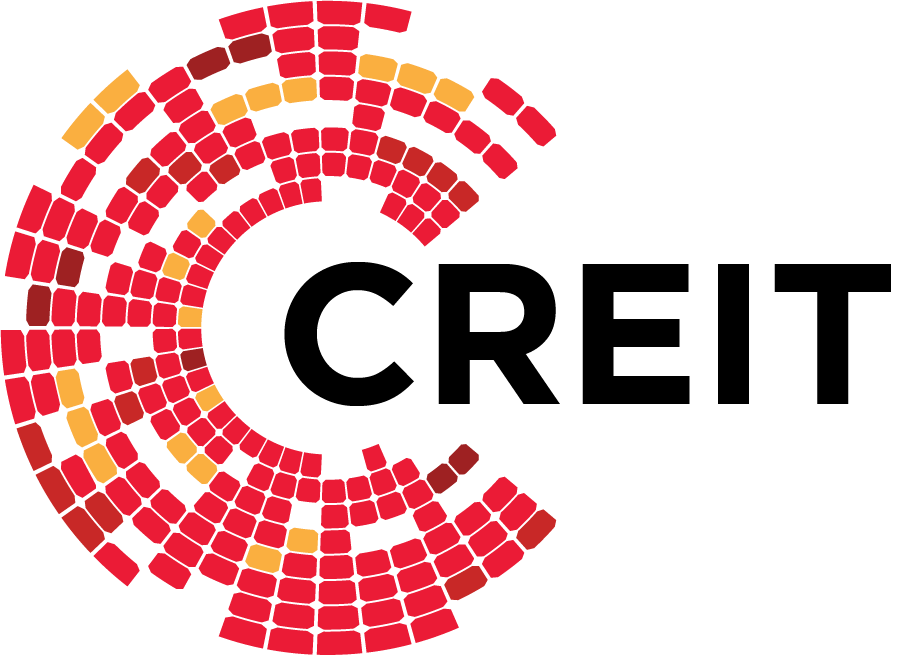Sustainable investing is a growing trend that focuses on making investment decisions that not only offer financial returns but also contribute positively to society and the environment. It revolves around selecting assets that align with certain environmental, social, and governance (ESG) criteria, ensuring that the companies or projects being invested in are committed to sustainable practices. Investors are increasingly prioritizing businesses that promote clean energy, ethical practices, and social good, creating a demand for investments that support long-term environmental and social benefits.
The appeal of sustainable investing goes beyond just moral considerations. It also provides practical benefits to investors, such as mitigating risks tied to environmental and social issues while supporting innovation and growth in emerging industries. Sustainable investing is an opportunity for investors to diversify their portfolios while making an impact, creating a positive legacy, and contributing to sustainable development for future generations.
What is Sustainable Investing?
Sustainable investing is the practice of incorporating ESG factors into investment decisions. It aims to generate financial returns while also supporting companies and projects that contribute positively to society and the planet. This type of investing goes beyond traditional financial analysis by considering how an organization’s operations impact the environment, society, and its employees, stakeholders, and communities.
This approach focuses on supporting businesses and industries that prioritize clean energy, social equity, and responsible business practices. Investors who adopt sustainable investing strategies are helping to drive economic growth that aligns with their values, while also contributing to global sustainability goals.
Common Types of Sustainable Investments
Sustainable investing includes various approaches, each tailored to different preferences and objectives. Here are some of the most common types of sustainable investments:
1. ESG Investing
ESG investing involves selecting investments based on ESG criteria. Companies that meet these criteria are chosen because they are believed to operate in a way that is ethical, socially responsible, and environmentally sound. ESG investing has become more popular as investors recognize the long-term financial benefits of investing in companies with strong ESG profiles, including lower risk and sustainable growth potential.
2. Impact Investing
Impact investing focuses on making investments that generate positive, measurable social or environmental impact alongside financial returns. Investors aim to create a positive impact on issues like climate change, poverty alleviation, or education, while still expecting a return on their investment. Unlike other sustainable investment approaches, impact investing emphasizes measurable outcomes, such as a reduction in carbon emissions or increased access to clean water.
3. Socially Responsible Investing (SRI)
SRI involves excluding companies or industries that are deemed harmful to society or the environment, such as those involved in tobacco, firearms, or fossil fuels. The focus is on promoting ethical business practices and avoiding investments that conflict with the investor's values. This approach can be highly personalized, as investors may choose to avoid specific sectors or companies based on their beliefs.
Why is Sustainable Investing Important?
Sustainable investing is gaining traction due to its numerous benefits for investors, the environment, and society. It supports sustainable development while providing financial returns that align with long-term goals. Apart from that, investors can also enjoy the following:
- • Promotes Responsible Business Practices: Encourages businesses to adopt ethical, sustainable practices that align with broader societal goals.
- • Fosters Innovation: Investing in clean energy, green technologies, and other emerging sectors may help stimulate innovation, driving economic growth and development.
- • Aligns with Values: It enables investors to align their investment choices with their personal values, supporting causes such as social equity, environmental conservation, and corporate transparency.
- • Enhances Financial Performance: Many studies suggest that companies with strong ESG practices tend to outperform their peers financially, offering attractive long-term returns.
- • Supports Sustainable Development Goals: Sustainable investing is a powerful tool for achieving the United Nations’ Sustainable Development Goals, including poverty reduction, environmental protection, and social justice.
- • Attracts Ethical Investors: It allows individuals and organizations to focus on making a positive impact, enhancing their reputations as responsible and forward-thinking investors.

Smart Strategies for Sustainable Investing
Successfully managing a sustainable investment portfolio requires smart strategies that balance positive impact with financial performance. Here are some practical strategies for sustainable investing:
Integrate ESG criteria.
By integrating ESG criteria into your investment analysis, you ensure that the companies you invest in are committed to ethical business practices. This strategy helps reduce risks related to environmental damage, human rights violations, or governance failures.
Diversify with green funds.
Investing in green funds is a smart way to access a variety of companies focused on sustainability, such as those promoting clean energy or low-carbon technologies. Green funds manage portfolios of sustainable assets, making it easier for investors to gain exposure to environmentally responsible investments.
Focus on impactful sectors.
Certain sectors, such as clean energy, healthcare, and education, offer unique opportunities for investors to make a direct positive impact. These sectors not only support sustainable development but also show strong growth potential, driven by global trends and shifting consumer demands.
Consider ethical investment products.
Ethical investment products, such as socially responsible mutual funds or ETFs, provide exposure to companies that meet specific social and environmental criteria. These products allow investors to align their portfolios with their values while still focusing on financial returns.
Use negative screening.
Negative screening involves excluding companies from an investment portfolio based on their involvement in harmful industries like tobacco, weapons, or fossil fuels. This strategy helps investors avoid sectors that are inconsistent with their ethical principles.
Engage in active ownership.
By engaging in active ownership, such as voting on shareholder resolutions or engaging in dialogue with companies, investors can push for improved ESG practices and greater accountability. Active ownership allows investors to influence business practices and drive change from within.
Leverage professional managing.
Professional managers who specialize in sustainable investing offer expertise in selecting investments that align with ESG criteria. Taking advantage of their knowledge and resources gives investors the confidence to target high-quality sustainable investments.
How to Choose the Best Sustainable Investments
Choosing the best sustainable investments involves a thoughtful process of evaluating potential opportunities through an ESG lens. Heed these practical tips on making the right choice:
- 1. Understand your values and objectives - Before choosing investments, define your personal values and investment objectives. Decide which ESG factors matter most to you, such as environmental conservation, social justice, or corporate governance practices.
- 2. Evaluate ESG performance - Assess companies based on their ESG performance using relevant data and third-party ratings. Look for companies that have demonstrated a commitment to sustainable practices and have transparent reporting on their ESG efforts.
- 3. Consider financial returns and impact - Balance financial returns with the positive impact your investment can have. While it’s important to consider the long-term financial benefits, don’t overlook the measurable social and environmental outcomes that align with your investment goals.
- 4. Diversify your portfolio - Spread your investments across different sectors and asset types to minimize risk. A well-balanced portfolio with a mix of green bonds, clean energy stocks, and sustainable funds helps ensure both financial stability and impact.
- 5. Seek expert advice - Consult with financial advisors or investment managers who specialize in sustainable investing. Their expertise will help you navigate the complex landscape of ESG investing and choose the right opportunities for your portfolio.
- 6. Monitor and adjust regularly - Keep track of your investments regularly to make sure they stay aligned with your values and financial objectives. Revise your portfolio when necessary to reflect changes in ESG performance or market conditions.
- 7. Consider long-term sustainability - Sustainable investments are enduring commitments. Focus on opportunities that align with sustainable goals for the future and avoid short-term speculative investments that may not match your ethical or financial objectives.

Achieve Your Sustainable Investment Goals with CREIT
Sustainable investing is a powerful way to align your financial goals with your values, driving both positive impact and financial returns. By carefully selecting investments that prioritize environmental, social, and governance factors, you not only help create a better world but also build a resilient portfolio. As sustainability becomes more important in investment decisions, there’s never been a better time to consider how your investment choices will make a difference.
For those looking to invest in an alternative, crisis-proof asset class, consider investing in companies like Citicore Energy REIT Corp. (CREIT). CREIT operates within industries that focus on clean energy and sustainable development, offering a unique opportunity to invest in a business with a strong social and environmental focus, while maintaining attractive financial returns. Don’t miss the chance to invest in a portfolio that not only meets your financial goals but also supports long-term sustainability. Take the next step in securing your financial future—contact us today!


